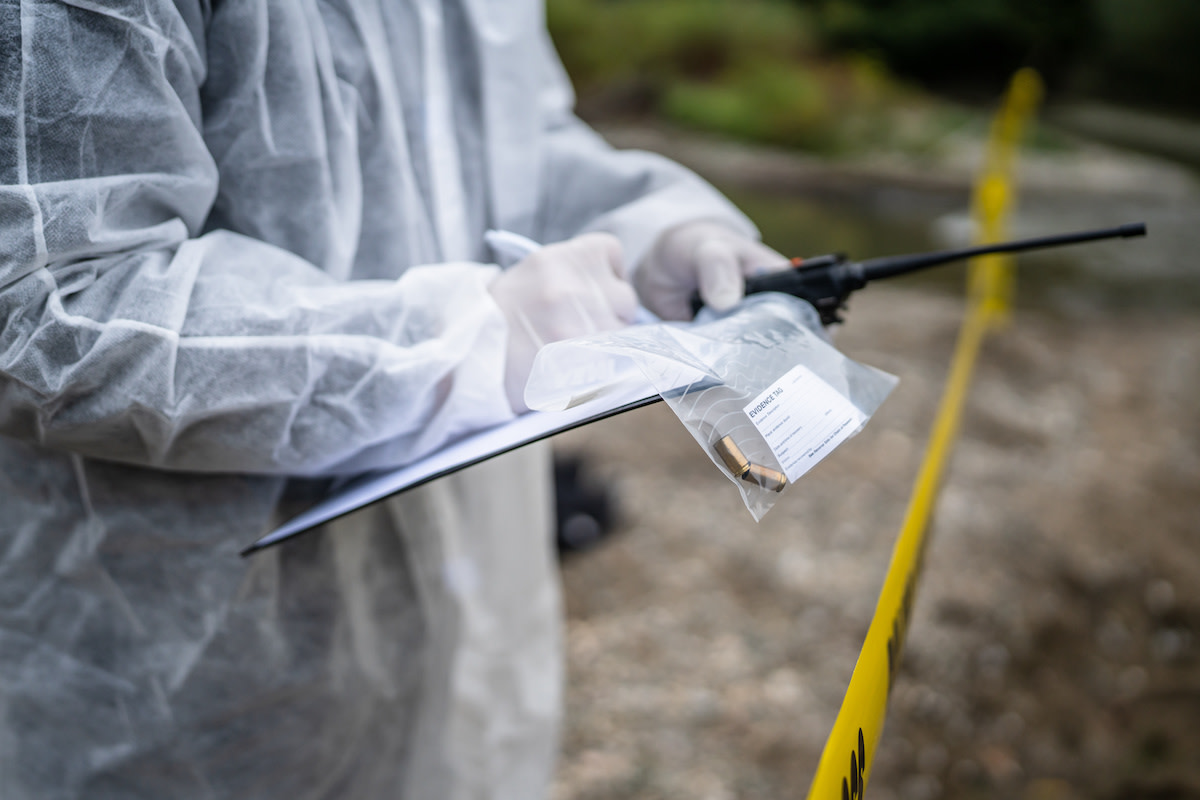Criminologist Careers: What Does a Criminologist Do?
Written by MasterClass
Last updated: Nov 10, 2022 • 4 min read
Criminologists work for police departments, courts, forensic labs, and other law enforcement agencies. They help everyone from FBI agents to parole officers prevent, reduce, and mitigate criminal activity in many ways. Learn more about what a criminologist does and how you can become one yourself.
Learn From the Best
What Is a Criminologist?
A criminologist is a sociologist with a primary focus on crime. They study the psychological and sociological causes of criminal behavior and make suggestions to prevent crimes from occurring. Their work proves useful in criminal investigations, policymaking, anti-recidivism facilitation, and a host of other related fields.
What Does a Criminologist Do?
Criminologists approach their work from various vantage points. Here are just a few daily tasks you might see listed in a job description:
- Assisting criminal investigators: Criminologists work alongside crime scene investigation experts to help them zero in on suspects and important evidence. While they might not be as hands-on as a homicide detective or autopsy examiner, their research provides those on the ground with a deeper understanding of their own professions.
- Facilitating rehabilitation: It’s common for criminologists to work with corrections officers and social workers to prevent people from becoming repeat offenders. They might also work in tandem with mental health professionals, who can give incarcerated people the tools necessary to become productive members of society.
- Providing potential solutions: Criminologists spend a lot of time studying the causes of crime, and this allows them to offer potential solutions to mitigate these causes. They provide public policy makers with insights as to how they can make the criminal justice system more effective or remedy societal ills that can cause an increase in crime.
- Researching criminal behavior: Crime prevention relies in part on understanding human bevaior. Criminologists often work alongside criminal profilers, such as former FBI criminal profiler John Douglas, to explore what bends people into a criminal direction. This makes it easier to identify suspects in real time.
- Studying crime in general: Criminology is a research-heavy discipline and profession. You’ll spend more time reading about violent crime than fighting it yourself. Compiling reports about forensic science, sociology, and criminal behavior helps lay the groundwork for police officers and other investigators to more effectively fight crime.
Criminology Job Requirements
It takes a lot of education, experience, and expertise to become a criminologist. These are just a few of the requirements for pursuing a career in criminology and criminal justice:
- Higher education: Seek a college offering a criminology degree program if possible. As an alternative, think about studying a different but related social science. You’ll need a bachelor’s degree for most jobs in this field, and a master’s will prove even more useful.
- Prior experience: During your time as a criminology student, look for opportunities to work or intern in a related field. You don’t need to find something hyper-specific to criminology right away, but gaining experience in the general criminal law arena helps. For instance, you could intern for a forensic psychologist or work at a police department.
- Psychological expertise: You’ll need a great deal of psychological and sociological insight to succeed as a criminologist. Spend time both in and out of school learning about the human psyche, as well as what drives people to commit illegal acts.
How to Become a Criminologist
If you decide to pursue a criminology career, here’s what to keep in mind:
- Consider specialization. There is a wide array of career paths in criminology, so narrowing your focus can be useful. You could try to focus on a specific type of crime (like homicide or white-collar fraud) or look into what it takes to work for a specific government agency (like the FBI or DEA). This will help you tailor your internships and studies toward your future career goals in a more advantageous way.
- Gain experience in law enforcement. You’ll have more career options in the long term if you seek entry-level job opportunities in law enforcement right out of high school. Think about training to become a police officer. Consider interning for a private investigator or probation officer. This sort of experience will look great on a résumé for a more advanced criminology position.
- Pursue an advanced degree. Most criminologist jobs require advanced degrees, so pursue a high level of education for the best job outlook. You’ll have many more doors open to you with a bachelor’s or master’s degree in criminology (or a related behavioral science) than you would otherwise.
- Refine a relevant skill set. As a criminologist, you’ll spend every day of your career analyzing data and interfacing with other criminal justice professionals. It’s essential you develop your critical thinking and communication skills as much as possible to achieve your full potential.
Discover What Makes People Tick
Getting to the core of human behavior takes knowledge and skills—just ask former FBI criminal profiler John Douglas. Learn how to spot a liar and uncover John’s tips for identifying other deceptive behaviors when you sign up for the MasterClass Annual Membership.
